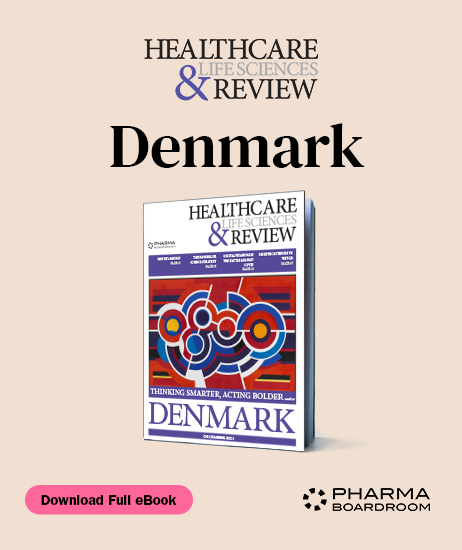
 Cancer is one of the most frightening words in any language but is especially heart-wrenching when it comes to children. João de Bragança, President of Childhood Cancer International (CCI) and Nicole Scobie, President of Zoé4life and CCI European Board Member, share CCI’s aims as the largest parent-led international organisation supporting children with cancer. de Bragança and Scobie also explain why research into childhood cancer therapies has plateaued in the past 15 years and highlight why much work still remains in order for CAR-T therapies to be as transformative for children with cancer as first hoped.
Can you begin by explaining CCI’s purpose and what it advocates for?
Nicole Scobie (NS): Childhood Cancer International has existed for almost 30 years and is the largest parent-led international organization supporting children with cancer. In essence, we are an organisation of organisations, with country level member organisations across the world. Most of these organisations are led by the parents of children with cancer, such as myself, Joao, and most of our Board.
Given that CCI is a global organisation representing 176 organisations in 93 countries, we have many ways of working, with a specific focus on capacity building in developing countries.
João de Bragança (JB): We share knowledge with our member organisations. Many of the organisations joining the CCI family want access to networking, and other experiences. CCI is involved in several projects with local governments and is also active at the EU level, which is something that we share with our members. Parent-led organisations want to leverage our global knowledge and network as well as feel like they are part of a larger family which speaks the same language.
How is CCI aiming to improve the lives of children living with cancer across all of the countries in which it works, regardless of economic development levels?
JB: CCI, as a global organization, has two main roles: closing the access gap and putting the childhood cancer agenda under the spotlight. Closing the gap is one of our primary goals because we are still seeing countries where access to even the most basic therapies is extremely difficult. For patients in those counties, access to innovative therapies such as CAR-T seems almost impossible. We want children with cancer in every country to have access to both basic and innovative treatments.
Cancer is one of the most frightening words in any language but is especially heart-wrenching when it comes to children. João de Bragança, President of Childhood Cancer International (CCI) and Nicole Scobie, President of Zoé4life and CCI European Board Member, share CCI’s aims as the largest parent-led international organisation supporting children with cancer. de Bragança and Scobie also explain why research into childhood cancer therapies has plateaued in the past 15 years and highlight why much work still remains in order for CAR-T therapies to be as transformative for children with cancer as first hoped.
Can you begin by explaining CCI’s purpose and what it advocates for?
Nicole Scobie (NS): Childhood Cancer International has existed for almost 30 years and is the largest parent-led international organization supporting children with cancer. In essence, we are an organisation of organisations, with country level member organisations across the world. Most of these organisations are led by the parents of children with cancer, such as myself, Joao, and most of our Board.
Given that CCI is a global organisation representing 176 organisations in 93 countries, we have many ways of working, with a specific focus on capacity building in developing countries.
João de Bragança (JB): We share knowledge with our member organisations. Many of the organisations joining the CCI family want access to networking, and other experiences. CCI is involved in several projects with local governments and is also active at the EU level, which is something that we share with our members. Parent-led organisations want to leverage our global knowledge and network as well as feel like they are part of a larger family which speaks the same language.
How is CCI aiming to improve the lives of children living with cancer across all of the countries in which it works, regardless of economic development levels?
JB: CCI, as a global organization, has two main roles: closing the access gap and putting the childhood cancer agenda under the spotlight. Closing the gap is one of our primary goals because we are still seeing countries where access to even the most basic therapies is extremely difficult. For patients in those counties, access to innovative therapies such as CAR-T seems almost impossible. We want children with cancer in every country to have access to both basic and innovative treatments.
Putting the childhood cancer agenda under the spotlight is especially relevant today, as the world’s focus has shifted almost exclusively to COVID. We must continue to speak up
Tags:






